Dudok Quartet Amsterdam - Tchaikovsky: String Quartets, Vol. 1 (2024) [Hi-Res]
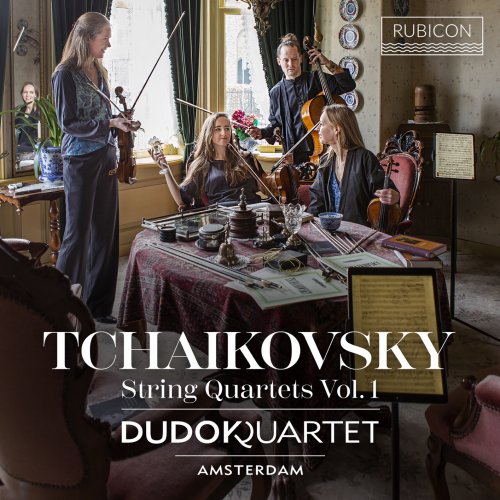
Artist: Dudok Quartet Amsterdam
Title: Tchaikovsky: String Quartets, Vol. 1
Year Of Release: 2024
Label: RUBICON
Genre: Classical
Quality: FLAC (tracks) / 24bit-96kHz FLAC (tracks+booklet)
Total Time: 01:11:48
Total Size: 361 MB / 1.23 GB
WebSite: Album Preview
Tracklist:Title: Tchaikovsky: String Quartets, Vol. 1
Year Of Release: 2024
Label: RUBICON
Genre: Classical
Quality: FLAC (tracks) / 24bit-96kHz FLAC (tracks+booklet)
Total Time: 01:11:48
Total Size: 361 MB / 1.23 GB
WebSite: Album Preview
1. Tchaikovsky: String Quartet No. 1 in D Major, Op. 11: I. Moderato e semplice (11:15)
2. Tchaikovsky: String Quartet No. 1 in D Major, Op. 11: II. Andante cantabile (6:53)
3. Tchaikovsky: String Quartet No. 1 in D Major, Op. 11: III. Scherzo. Allegro ma non tanto e con fuoco - Trio (3:54)
4. Tchaikovsky: String Quartet No. 1 in D Major, Op. 11: IV. Finale. Allegro giusto - Allegro vivace (9:27)
5. Tchaikovsky: String Quartet No. 2 in F Major, Op. 22: I. Adagio - moderato assai, quasi andantino (12:10)
6. Tchaikovsky: String Quartet No. 2 in F Major, Op. 22: II. Allegro giusto (6:04)
7. Tchaikovsky: String Quartet No. 2 in F Major, Op. 22: III. Andante ma non tanto (11:18)
8. Tchaikovsky: String Quartet No. 2 in F Major, Op. 22: IV. Allegro con moto (5:50)
9. Tchaikovsky: Eugene Onegin, Op. 24: Lensky's Aria (Arr. for String Quartet by David Faber) (5:03)
The Dudok Quartet Amsterdam embarks on a traversal of three String Quartets by Tchaikovsky. This is the first of two volumes containing String Quartets 1 & 2.
The circles in which Tchaikovsky and Brahms lived have a lot in common; it feels like a logical step in their artistic evolution. Even more so than Brahms, however, Tchaikovsky is also public property: in addition to the innumerable amount of recordings and performances of Eugene Onegin, the First Piano Concerto and the Andante cantabile, the appropriations of ‘The Brand of Tchaikovsky’ pour over one another.
Writer, lawyer and philosopher Maxim Februari writes an essay at the request of the Dudoks, exploring how one could relate to Tchaikovsky in the 21st century. Quoting from Everything changes and Tchaikovsky changes along with it: ‘Like the audience later in the concert hall, the quartet has to reconcile these temporalities and eternities, give gravity to lightness and bring lightness to gravity. And all that preferably without being too pretentious. That’s quite a task.’
The circles in which Tchaikovsky and Brahms lived have a lot in common; it feels like a logical step in their artistic evolution. Even more so than Brahms, however, Tchaikovsky is also public property: in addition to the innumerable amount of recordings and performances of Eugene Onegin, the First Piano Concerto and the Andante cantabile, the appropriations of ‘The Brand of Tchaikovsky’ pour over one another.
Writer, lawyer and philosopher Maxim Februari writes an essay at the request of the Dudoks, exploring how one could relate to Tchaikovsky in the 21st century. Quoting from Everything changes and Tchaikovsky changes along with it: ‘Like the audience later in the concert hall, the quartet has to reconcile these temporalities and eternities, give gravity to lightness and bring lightness to gravity. And all that preferably without being too pretentious. That’s quite a task.’
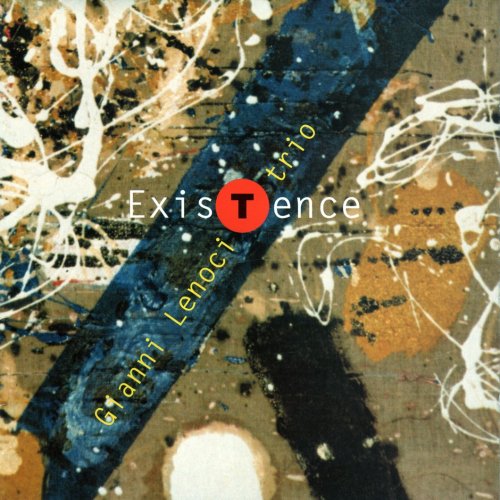
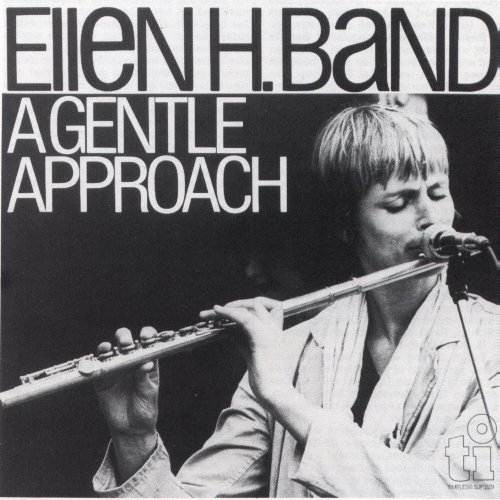
![Apaturia Quintet - Apaturia (2012/2015) [Hi-Res] Apaturia Quintet - Apaturia (2012/2015) [Hi-Res]](https://www.dibpic.com/uploads/posts/2024-05/1714824258_cover.jpg)
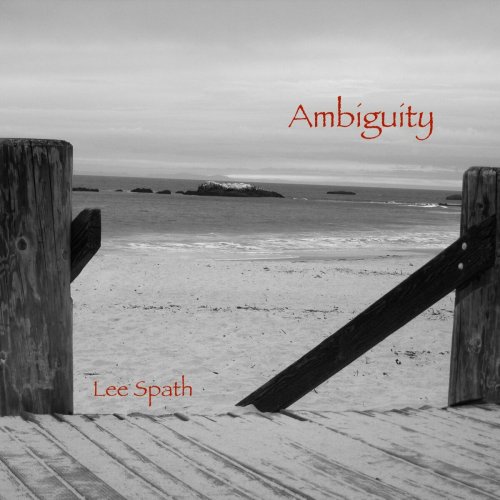
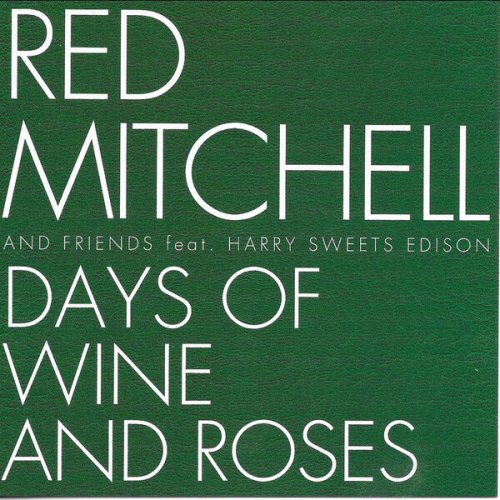
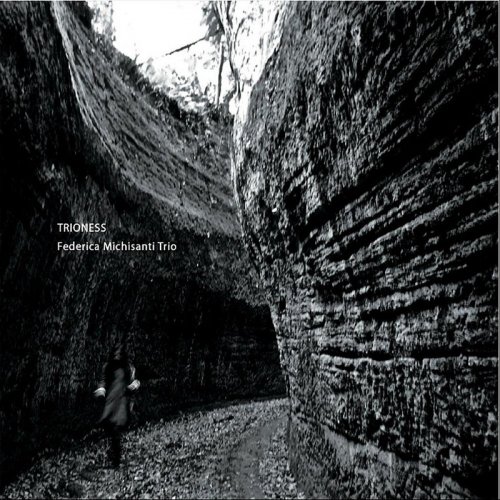
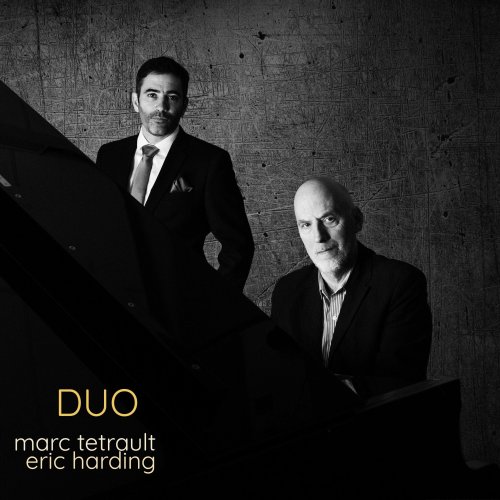
![Frans Bak & Sinne Eeg - Softer Than You Know (2024) [Hi-Res] Frans Bak & Sinne Eeg - Softer Than You Know (2024) [Hi-Res]](https://www.dibpic.com/uploads/posts/2024-05/1714671732_cover.jpg)
![Zosha Warpeha - silver dawn (2024) [Hi-Res] Zosha Warpeha - silver dawn (2024) [Hi-Res]](https://www.dibpic.com/uploads/posts/2024-05/1714741608_dgsrkrmb4o6vb_600.jpg)